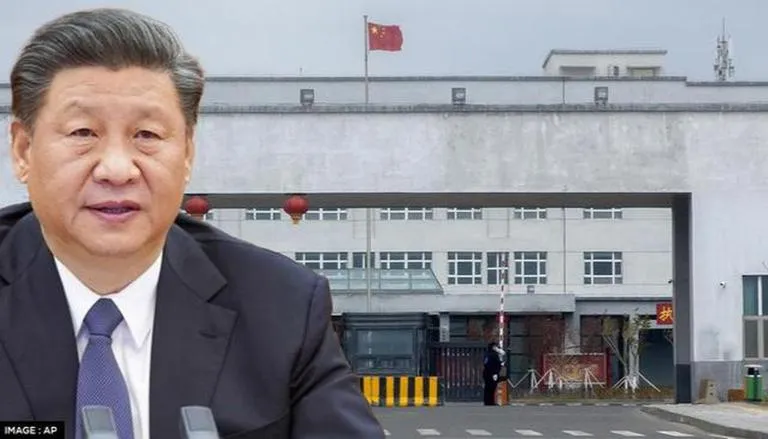Many of the Uyghur camps in China’s Xinjiang have been converted into formal prisons and the detainees have been given lengthy prison sentences. These include “several hundred thousand other non-Han people who have been imprisoned since the start of the crisis”, US-based magazine Foreign Affairs reported. According to the magazines, many detainees have been transferred from camps to factories in Xinjiang or elsewhere in the country. Some Uyghur families abroad report that their relatives are back home but under house arrest. Under the guise of a poverty alleviation campaign, Beijing has been forcing tens of thousands of rural Uyghurs out of their villages and into factories.
According to Foreign Affairs, the infrastructure of control that made southern Xinjiang look like a war zone a few years ago, intrusive policing, military patrols, and checkpoints, is less visible now. But that is because digital surveillance systems based on mobile phones, facial recognition, biometric databases, QR codes, and other tools that identify and geo-locate the population have proved just as effective at monitoring and controlling local residents.
Where is XUAR and who are the Uyghurs?
XUAR or the Xinjiang Uyghur Autonomous Region of the People’s Republic of China is the country’s largest region, covering one-sixth of its total territory, with a population of 25.85 million. It is rich in resources such as coal, gas, oil, lithium, zinc and lead, as well as being a major source of agricultural production, such as of cotton. The western region shares external borders with Afghanistan, India, Kazakhstan, Kyrgyzstan, Mongolia, Pakistan, Russian Federation and Tajikistan with the area also providing important routes and access to Central Asian markets and beyond.
The Uyghurs are a mostly Muslim ethnic group who speak a Turkic language and are culturally closer to communities in Central Asia than Beijing. Around 12 million of them live in Xinjiang, making up around 45 per cent of the population, with their cultural heartlands lying primarily in the region’s arid south. Uyghur and other predominantly Muslim ethnic minority communities in the area comprise ethnic Kazakhs, Kyrgyz, Uzbeks and Huis in addition to Uyghurs.
A debatably recent history of violence in the region
Having been the focus of numerous development and poverty alleviation policies by the central authorities, the population of XUAR is one of the poorest in China.
In July 2009, riots broke out in the regional capital Urumqi. The then United Nations High Commissioner for Human Rights called for an investigation into the causes of the violence. The Government reported that “from 1990 to the end of 2016, separatist, terrorist and extremist forces launched thousands of terrorist attacks in Xinjiang, killing large numbers of innocent people and hundreds of police officers, and causing immeasurable damage to property”. There were also a series of violent incidents in different Chinese cities outside XUAR, killing scores of people, and which the Government, for its part, has consistently characterised as terrorist in character.
As a reaction to the violence, the Chinese government began a “Strike Hard” campaign to combat terrorist threats. Reporting that there have been no terrorist incidents in XUAR since 2016, the government stated that “since 2014, Xinjiang has destroyed 1,588 violent and terrorist gangs, arrested 12,995 terrorists, seized 2,052 explosive devices, punished 30,645 people for 4,858 illegal religious activities, and confiscated 345,229 copies of illegal religious materials”.

